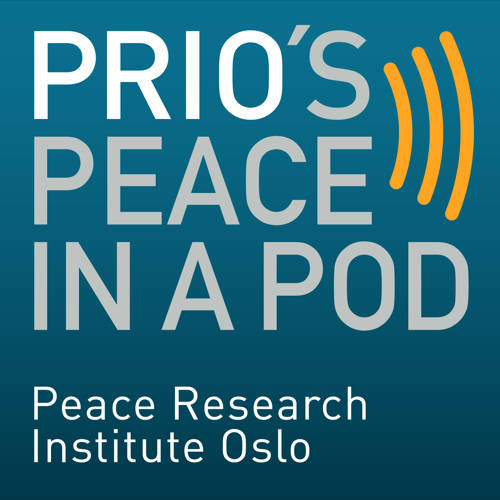Women in Peace Mediation: The Israeli and Palestinian Women Working for Peace
As tensions continue to rise in the Middle East, two women's organizations are pushing for a return to negotiation and a permanent resolution to the conflict.
“Women Wage Peace” is the largest grassroots peace movement in Israel, while its Palestinian counterpart, “Women of the Sun,” is a Palestinian women's organization based in Bethlehem.
They are part of a global movement to ensure women are not just represented, but also at the leadership table in peace negotiations.
Their work is supported by research showing that involving women significantly increases the chances of achieving enduring peace agreements.
In this episode, Xanthe Scharff, a gender expert, writer, and co-founder of The Fuller Project, a nonprofit organization dedicated to groundbreaking reporting on women, tells us about her reporting on these two women’s organizations.
She is followed by Torunn L. Tryggestad, PRIO’s Deputy Director who heads its Centre on Gender, Peace, and Security, and Professor Azza Karam, a specialist in religion and development, and the keynote speaker at this year’s UN High-Level Seminar on Gender and Inclusive Mediation Processes, held in Oslo.
PRIO’s "Peace in a Pod" is hosted by award-winning journalist Arnaud Siad.
Hosted on Acast. See acast.com/privacy for more information.






